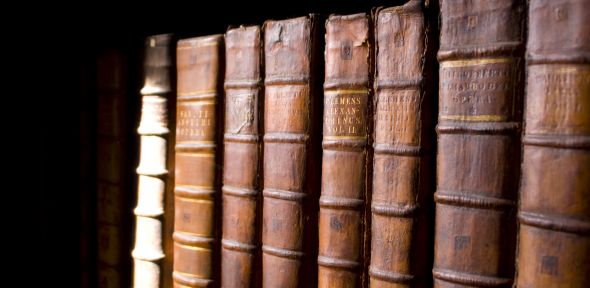
People
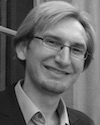 |
Gregor Babelotzky's research interests lie primarily in the area of German literature from the 18th century to modernism, with a special interest in historical-critical editing. |
|
Bryan Cameron's research centers on modern Spanish culture with a particular focus on literary, filmic and ideological production from the eighteenth century to the present. |
|
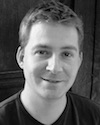 |
Mark Darlow specialises in eighteenth-century French theatre and music (especially opéra-comique), Rousseau, Bernardin de Saint-Pierre and the culture of the Revolutionary period. |
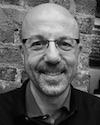 |
Jean Khalfa’s areas of research are the history of philosophy, modern literature (in particular contemporary poetry and Francophone writing), aesthetics and anthropology. |
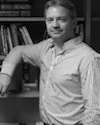 |
Adam Ledgeway is Professor of Italian and Romance Linguistics and his research interests include the comparative history and morphosyntax of the Romance languages, Italian dialectology, Latin, Italo-Greek, syntactic theory, and linguistic change. His research is channelled towards bringing together traditional Romance philological scholarship with the insights of recent generative syntactic theory. |
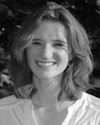 |
Charlotte Lee specialises in German literature and thought. Her first book was on Goethe, and her current project looks at the role of movement in the work of a range of poets. |
|
John Leigh works on French writing of the eighteenth century. He is particularly interested in particular writers, such as Voltaire and Beaumarchais, but also likes to pursue various themes as they develop throughout the century in their European context. He is interested also in the way many of the period's thinkers use fictional forms, such as plays and stories, to express their ideas. |
|
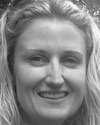 |
Kylie Richardson’s research has focused in the past on issues in Slavonic linguistics, and primarily on Slavonic morpho-syntax. She is still interested in topics in Slavonic aspect. She is, however, currently working on language and consciousness, which includes researching the shamanic explorers of consciousness in Slavonic history and culture. |
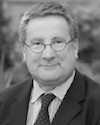 |
Joachim Whaley's research so far has concentrated on the history of the Holy Roman Empire in the early modern period. He has also written extensively on the German Enlightenment and its legacy in the nineteenth and twentieth centuries. Further fields of interest on which he has published regularly are the question of German identity since the fifteenth century, the German memory of the Reformation from the sixteenth century to the present and the historiography of medieval and early modern German history in the nineteenth and twentieth centuries. He is currently working on a larger project that will survey the history of German-speaking Europe from the Middle Ages to the present day. |


